Mulbah Kelleh was born and raised in Kongbor, a small town in Liberia’s Gbarpolu County, surrounded by hills covered by the exuberant Upper Guinean Forest. At 46, Mr Kelleh has worked as an artisanal miner for more than seven years, providing for his wife and four young children. He is also the chairman of Kongbor’s Artisanal and Small-Scale Mining (ASM) association, bringing together over 1,000 miners.
Liberia, once known for its 14-year brutal civil war, is now a fast-growing economy – growth rates are expected to exceed 5 per cent in 2023-24, according to the World Bank. The country strives for a delicate balance between protecting its unique biodiversity and natural capital and delivering well-being and progress to a growing population where the majority still lacks access to essential services.
“ASM miners need access to financial and technical support to carry out their work without harming the environment and the communities where we live. Without any viable livelihood options, ASM is critical for meeting the needs of our families.” – Mulbah Kelleh.
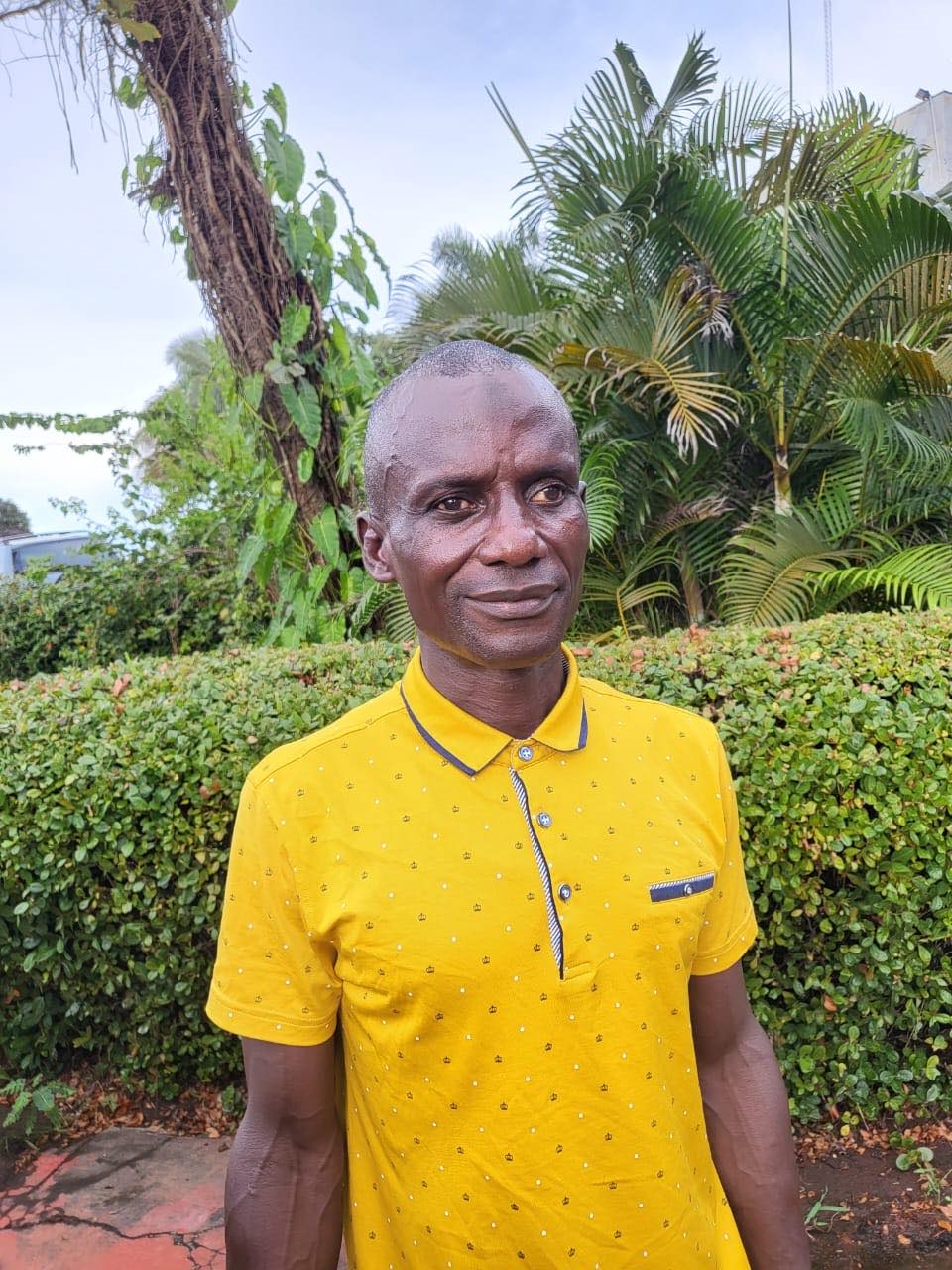
No other place in Liberia represents this challenge as the Gola rainforest in the country's western-northern region. The country hosts about half of the remaining Upper Guinean Forest, a global biodiversity hotspot that has lost more than 80 per cent of its original coverage across Liberia and five other West African nations.
The Gola Forest National Park, established by the Liberian government in 2014, is central to the country’s biodiversity conservation efforts. It is currently undergoing a planned expansion to connect with the Gola National Park in neighbouring Sierra Leone, resulting in a protected area exceeding 2,000 sq. Km – greater in extent than New York City. Well-known and critically endangered species found in the park include the Pygmy Hippopotamus and the endemic Western Red Colobus.
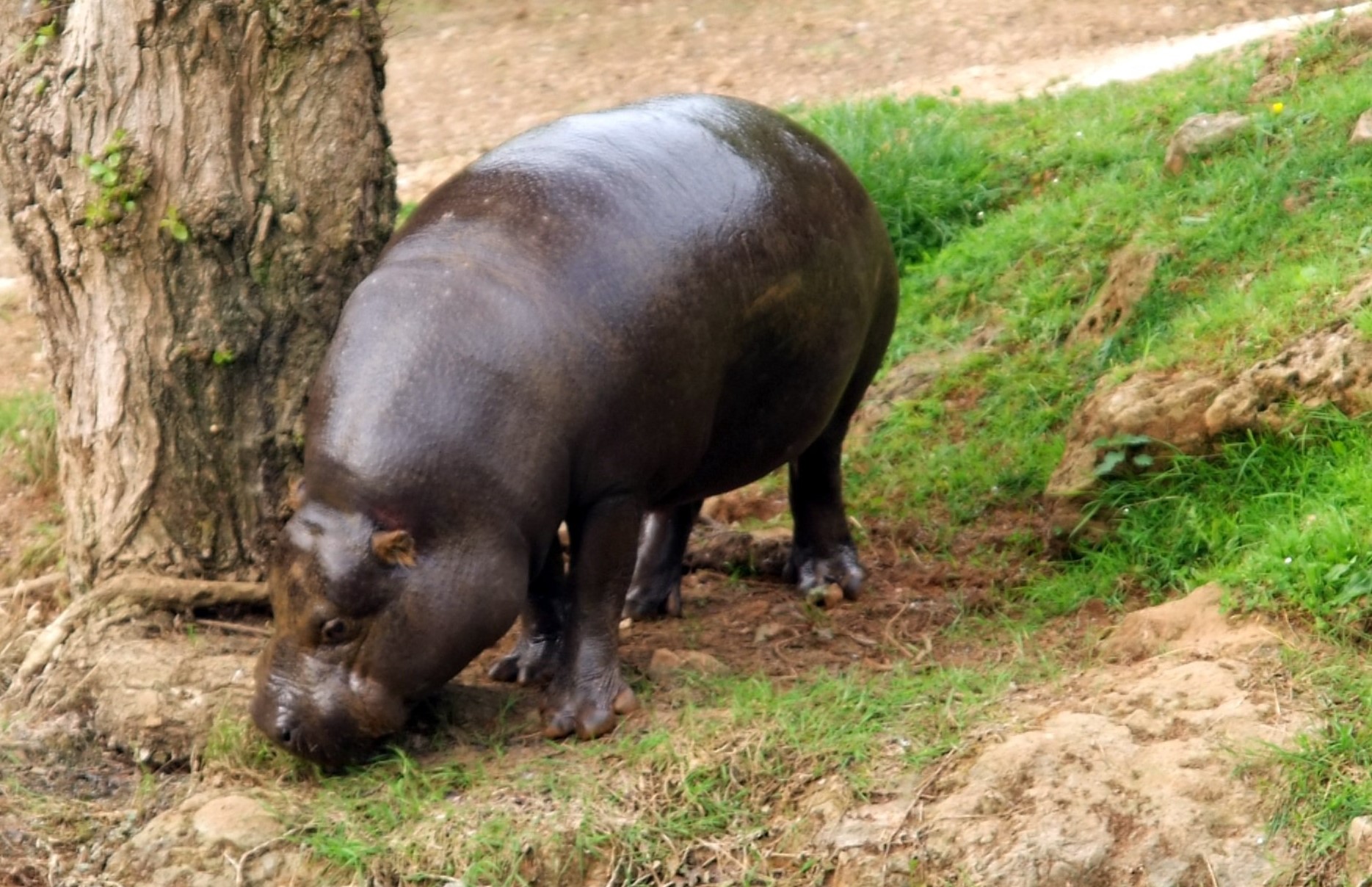
Within the National Park region and nearby richly forested areas of western Liberia, ASM represents the primary source of income and livelihood for a significant part of the population, especially rural communities and younger, post-Civil War generations. Out of the 1,293 mining operations in the country, 88 per cent are ASM, and in total, there are believed to be more than 100,000 ASM gold and diamond miners (World Bank, 2019).
The rising global demand for critical minerals needed to fuel the low-carbon transition will likely lead to increased interest in deposits known to exist in Liberia (such as niobium, bauxite, nickel, and rare earth elements). This will put further pressure on communities and natural ecosystems already impacted by illegal and unregulated ASM activities.
INTEGRATED RESPONSES TO COMPLEX CHALLENGES
These complex challenges require integrated approaches that address gaps in legal frameworks and better enforce existing laws and regulations. The responses must involve various stakeholders: communities, ASM miners and their associations, regional, local, and national authorities, and civil society organisations.
Equally important is the realisation of the communities’ rights to information, participation and justice in decisions related to ASM concessions, revocation of licenses, and continued monitoring of mining operations' environmental and human rights outcomes.
Addressing the participants of a workshop for ASM miners in Bopulu, Gbarpolu County’s capital city, Jonhson Willabo, Assistant Minister for Planning at the Ministry of Mines and Energy, underscored the need to increase the number of rangers in protected areas, and to encourage miners to obtain licenses legally and participate in monitoring and reporting on the protection of the environment.
“Unregulated and illegal ASM activities are becoming a national security issue and a major social problem in the country. Illicit mining activities can eventually endanger the lives and livelihoods of poor populations.” - Assistant Minister Johnson Willabo.
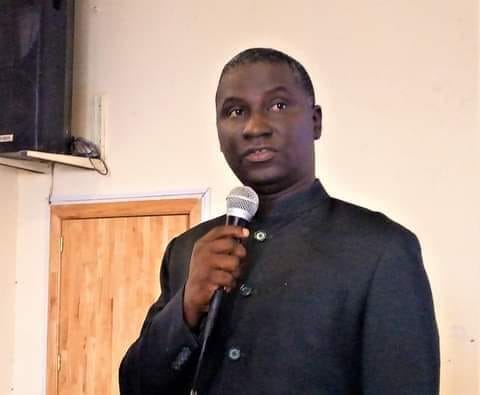
Liberia's recently established ASM Working Group* is starting to mobilise action towards the rollout and implementation of the country’s first ASM-tailored Handbook, which serves as a training tool for ASM miners, associations, and communities to understand safe mining practices and how to comply with existing regulations. The Working Group also facilitates multi-stakeholder workshops in critical ASM hotspots in the western-northern Liberian counties of Grand Cape Mount, Grand Bassa, Bomi, Gbarpolu, Margibi and Nimba.
“The ASM Handbook is a simple and useful tool for miners and local community people. It has been effective in getting people to understand the risks associated with ASM and motivating them to take bold steps in solving key issues." - Richard Hoff, Project Coordinator, Society for the Conservation of Nature of Liberia and ASM Working Group member.
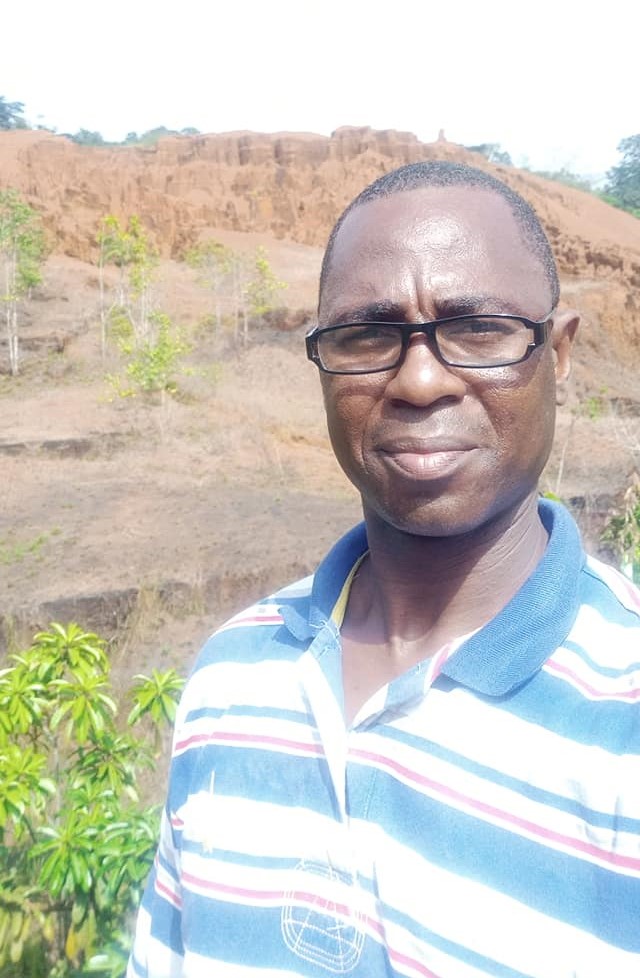
THE POWER OF COMMUNITY PARTICIPATION
Inspiring and positive results have emerged in some key counties, such as Bomi, Gbarpolu and Grand Cape Mount. Further, communities and ASM miners in Fornor, Konjo, Mano River, and Kawulahun have joined forces to establish the region’s first Participatory Environmental Monitoring (PEM) committee. This initiative seeks to empower them to have a voice in decisions related to ASM, environmental protection and improving livelihood alternatives. The new PEM committee also brings together the Ministry of Mines and Energy, the Environmental Protection Agency, and the Society for the Conservation of Nature of Liberia, a leading environmental organisation operating in the Gola rainforest region.
The Fornor community in Grand Cape Mount County, which participates in the PEM committee, has already undertaken community-based monitoring of land degradation in abandoned mining sites. It is now about to kick off the rehabilitation of such lands by planting native and fructiferous trees. Located near the Gola Forest and Lofa-Mano National Parks, the community seeks to develop nature-based income sources and stewardship towards protecting the environment and its rich biodiversity.
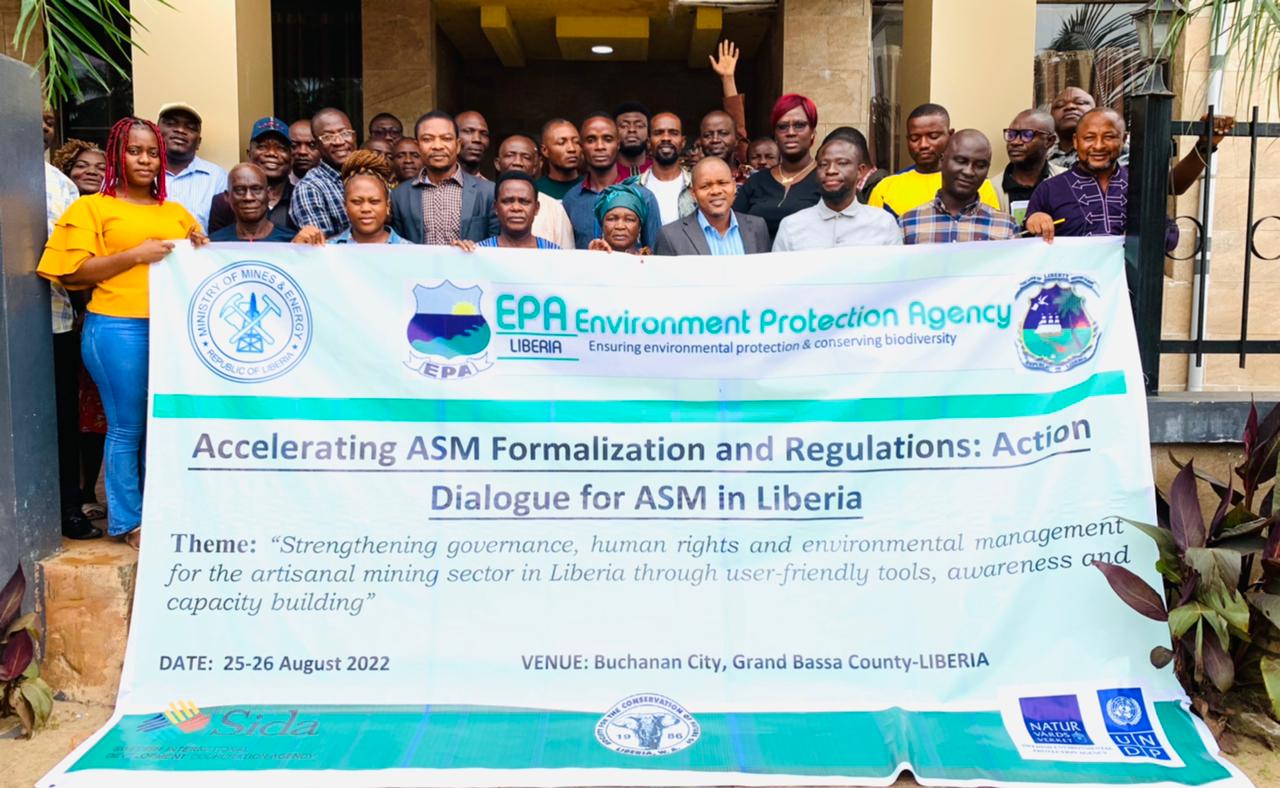
The initiatives are being championed by UNDP Liberia and the Swedish Environmental Protection Agency through the joint UNDP-Sweden Environmental Governance Programme (EGP). The EGP's broader aim is to improve environmental and human rights protection in mining contexts. In this regard, PEM supports citizens in collecting environmental and social data in communities impacted by mining, and the information collected feeds into decision-making processes.
Going forward, the communities participating in the PEM committee plan to start conducting mobile patrols near the National Parks. This community-driven proposal also seeks to develop local capacities in using GPS-based equipment and cameras to facilitate the collection of data and crucial information about the threats to the natural environment and the communities arising from illegal and unregulated ASM operations.
* The ASM Working Group brings together the Ministry of Mines and Energy, the Environmental Protection Agency, the Forestry Development Authority, the Ministry of Gender, Children and Social Protection, the Independent National Commission on Human Rights and the Ministry of Justice along with the Society for the Conservation of Nature of Liberia, ASM miners and their associations. UNDP Liberia hosts its Secretariat.
LEARN MORE:
- Download the Liberia ASM Handbook.
- Read the report from the 1st Learning Hub on Participatory Environmental Monitoring.
- Read the joint report on Participatory Environmental Monitoring Committees in Mining Contexts by UNDP, the Swedish Environmental Protection Agency, and the Canadian International Resource and Development Institute.
- For further information on EGP's partnership with Liberia, visit the EGP Liberia website.
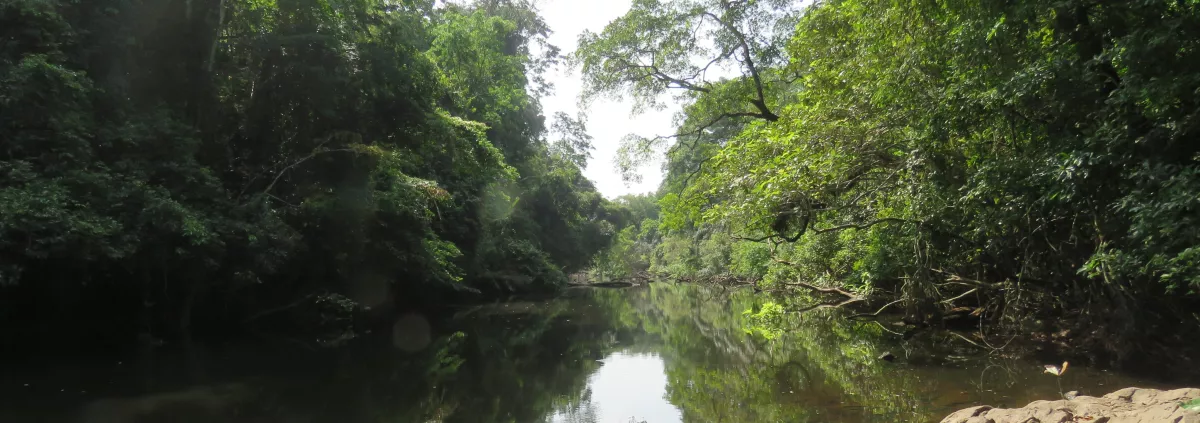
Please log in or sign up to comment.